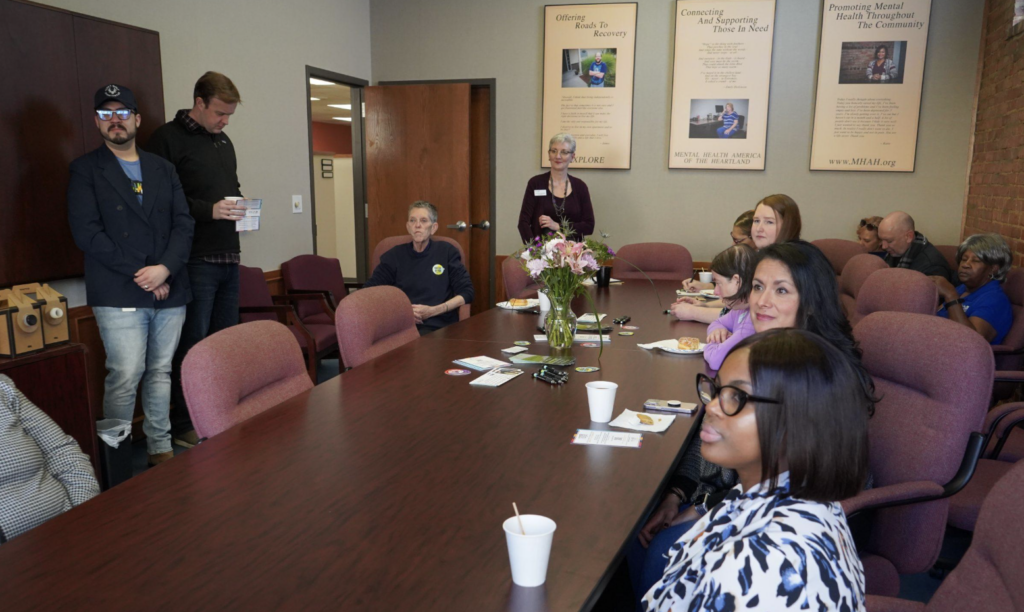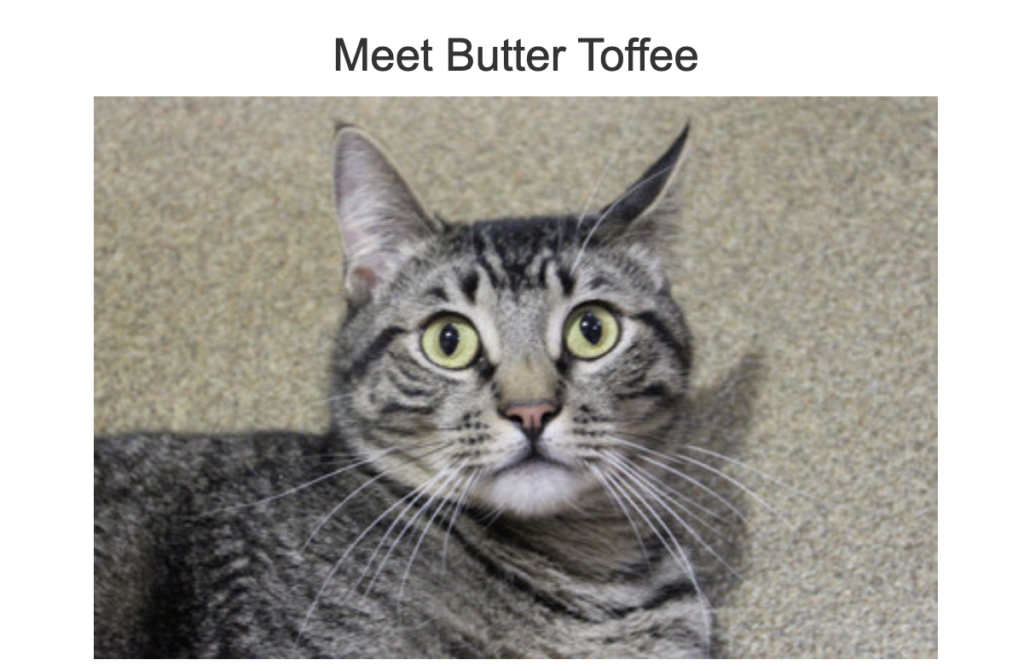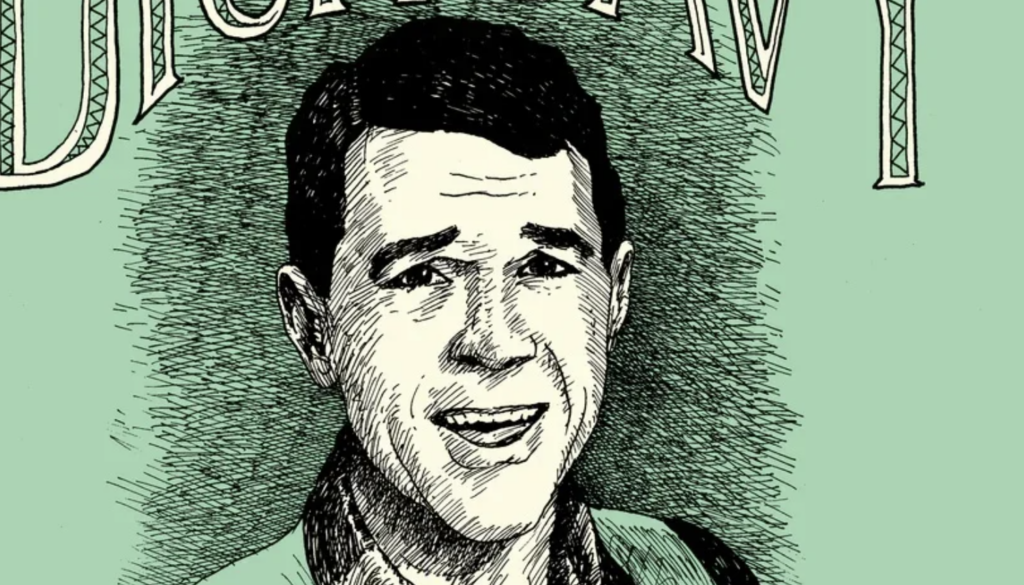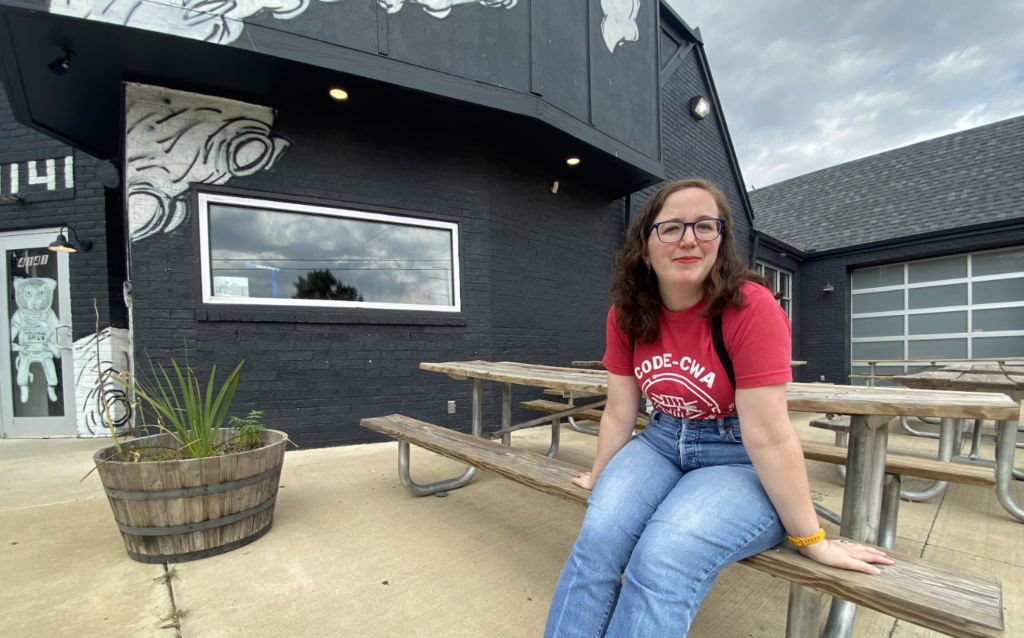Comedian Sheng Wang talks intergenerational audiences, small joys ahead of headlining Folly Theater
Sheng Wang has been doing standup comedy for a while now, but it’s only recently that his star has begun to truly rise. Fans of the podcast-turned HBO series 2 Dope Queens may remember Wang’s set from that show extolling the virtues of guacamole.
His 2022 Netflix special Sheng Wang: Sweet and Juicy further capitalized on his observant, wry, deeply relatable style, commenting on everything from meeting your health insurance deductible to the joys of exploiting the office printer for personal gain with all the genial silliness of a Taiwanese-American Mitch Hedberg.
Currently, Wang is touring ahead of recording a new special, which, like his previous one, will be directed by comedy superstar Ali Wong.
The Pitch spoke to Wang ahead of his June 19 show at the Folly Theater.
Abby Olcese, The Pitch: I wanted to start just by saying thank you for the reversible belt joke in your last Netflix special. I actually had one of those belts at one point in my life.
Sheng Wang: Oh my god, how old were you?
I was like 21 or 22. It was my first job out of college. I literally had two pairs of dress shoes and one belt, which my mom got for me. I was watching the special with my parents, and when they laughed at that joke, I had to tell my mom, “You know, you bought me that belt.”
I love that. It’s pretty incredible and very touching that people resonate with this stuff so much that it becomes part of their lives. It astounds me how much it means to some people. 
Is there anything you’re particularly surprised by, in terms of how people have connected with your material?
I guess since that special came out I’ve done a lot more touring than I did before that special, the number of shows and people coming out. It all makes sense. It’s clarifying for me to see the people who come out to those shows. It’s quite a range of people.
I’m especially touched by how wholesome it is to see families come out, intergenerational families coming out and having a good time together. It’s very sweet to me. I lacked that in my childhood. Now, as a grownup, I’m always looking for things I can do with my parents. It’s challenging with immigrant families because of the language barrier, and there’s the cultural barrier. But, I’m appreciative when people come out together.
Since your comedy is mostly observational, how do you know if something is a joke while you’re going about your day? Does it pop into your head while you’re doing something otherwise routine? Are you sitting down and intentionally thinking about what you want to comment on?
Kind of both. I just try to be in tune with life, whether it’s my environment or myself, or my reactions to what’s happening around me. A lot of times, a little thing will happen in the day, and I see it and try to understand what’s going on there. At the very least, I try to capture whatever this thing is and see if it’s connected to something bigger. I basically have a note on my phone that I jot down a running list of what could be fun to share. It’s not necessarily a funny thing always, but it’s just something that happens.
One thing I was working on recently was going to the butterfly conservatory with my nieces and nephews, being in this magical place, and hoping a butterfly will land on you, that you’ll be chosen. It’s just something that generates a feeling, like “How deep is your sink?” “How many avocados do you have? What’s your viewpoint on those things?”
A lot of comics have said they grew up watching a lot of late-night shows or SNL, but you’ve talked about how that wasn’t really your thing as a kid. You’ve also come to this level of success a little later in your career. Do you think those two things have impacted your comedy at all?
Maybe I have more of a blank slate to a certain extent. I think I’m just a naturally observant, patient and sensitive person, and that’s really helpful in this line of work. Some comedians, I’d say from a very young age, wanted to do comedy. People who start too young maybe haven’t had a chance to develop into themselves, and so they grow into a caricature of what they think this type of comedian is. I started hitting open mics around my early 20s. I think the best comedians have a good sense of who they are and the unique person they are and can lean in on that and be brave enough to explore that.
I also feel like there’s been an increase of attention for comics with specific voices in the last few years, folks like you or Conner O’Malley or Joe Pera. Do you feel like that’s been the case?
I think so. There are so many more channels now, like literally, with cable, streaming, and social. There’s so many more ways to find an audience who can like what you do. It allows people to be themselves, weirder, not feel like they have to follow mainstream forms of expression of comedy. It used to be that you make it big, do a five-minute set on Johnny Carson, and you get hundreds of millions of people seeing you in one night. Now you can be big if you have 100,000 followers on Instagram or TikTok. It’s easier to find people who appreciate what you do.
You’ve said you like to pay attention to the little stuff that gives you joy. What’s giving you joy right now?
Just going outside. Fresh air, springtime. Paying attention to plants and flowers blooming. It’s something I’ve been into since I was a kid, but in the last 10-15 years, I‘ve become more appreciative of nature and plants. Every year, I learn a little bit more. Like, I don’t know the Latin names for plants yet, but I recognize plants. I like recognizing them, it’s like seeing someone you know, out there living their best lives. I like hanging out in the shade of a big tree and seeing how a little flower can be resilient out in the desert.





